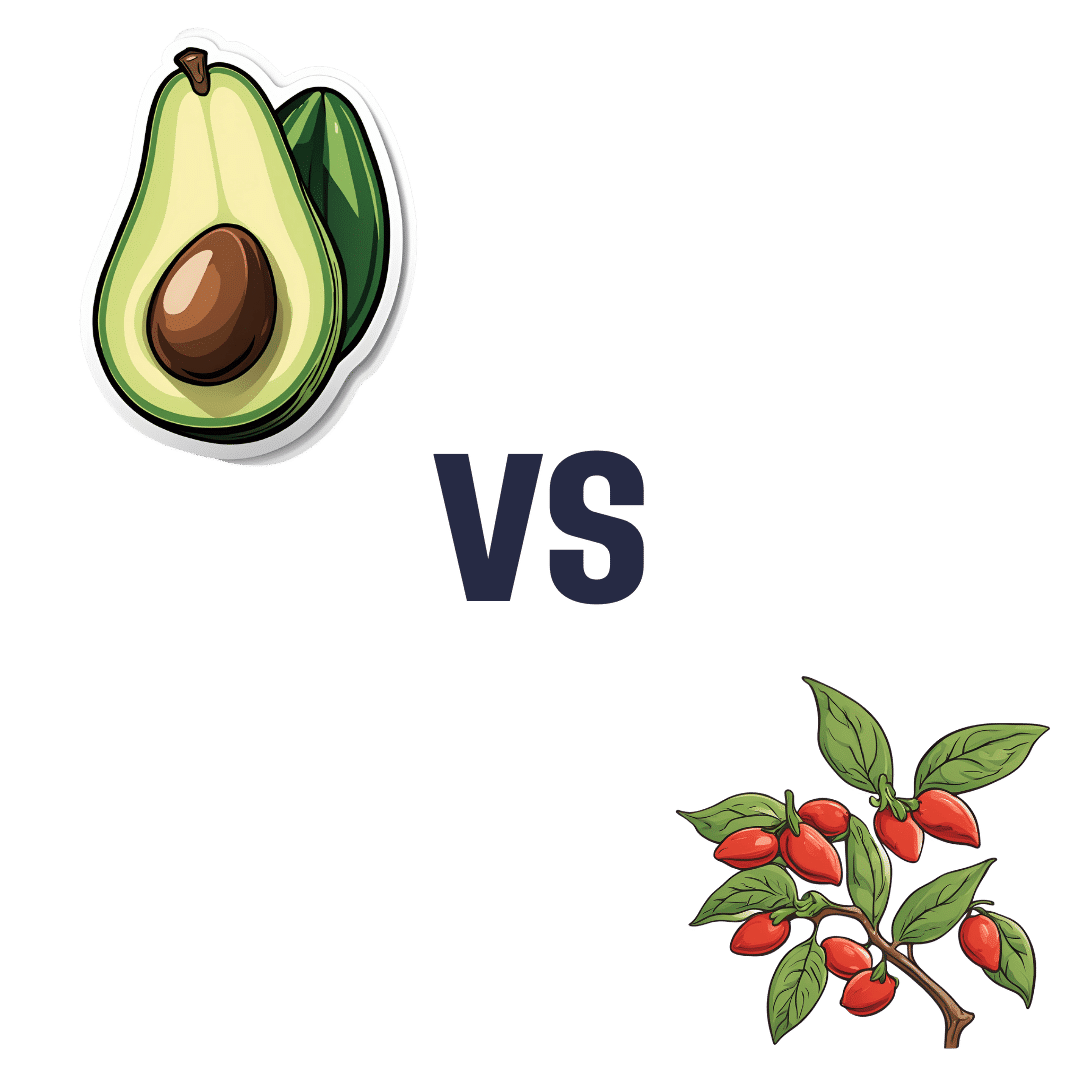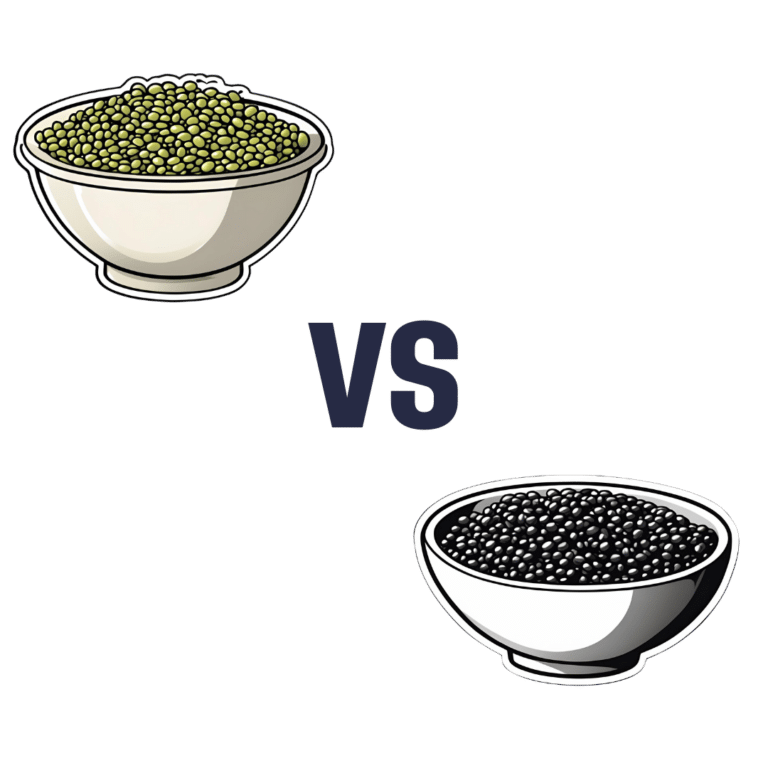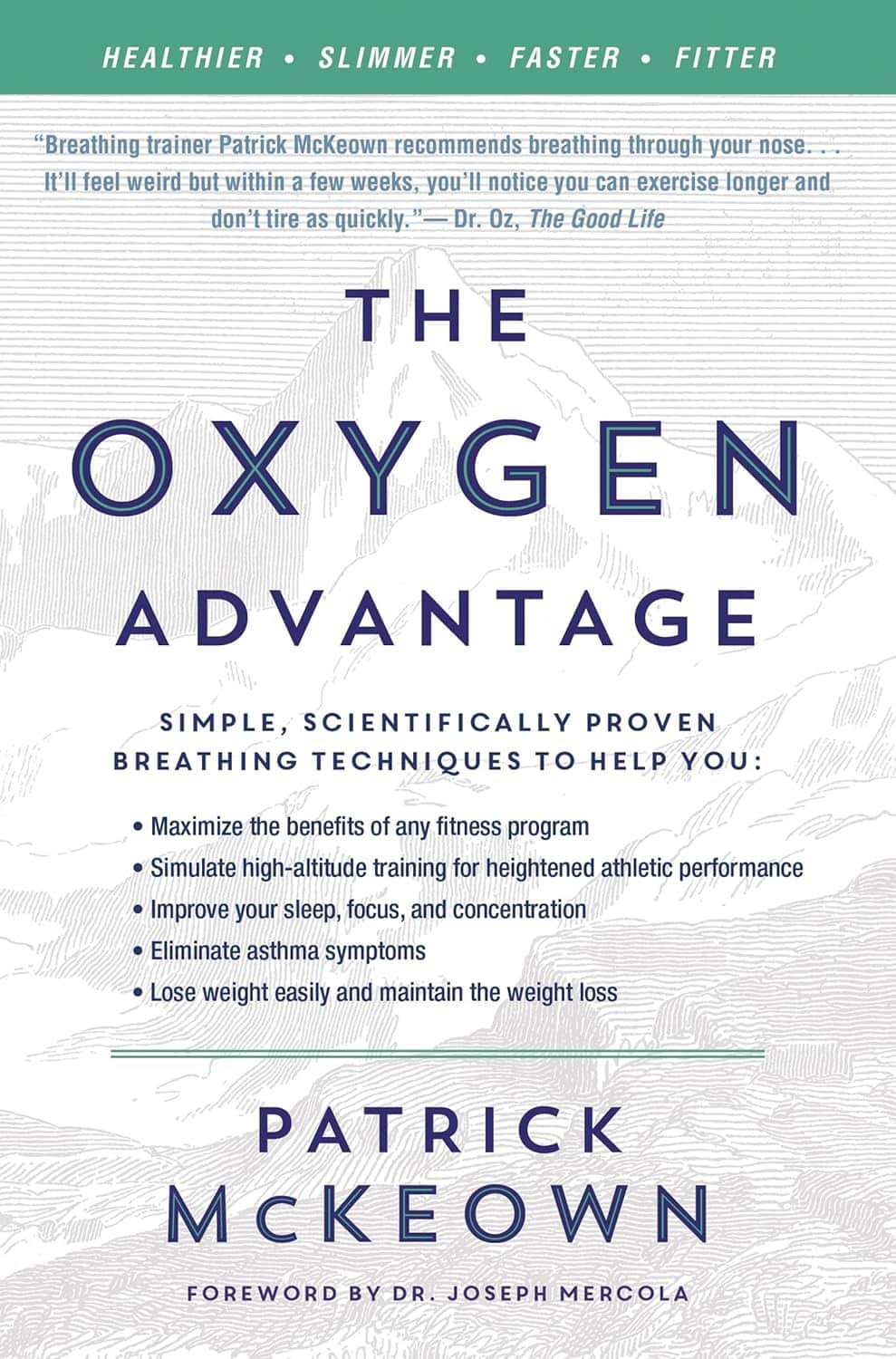
Avocado vs Goji Berries – Which is Healthier?
10almonds is reader-supported. We may, at no cost to you, receive a portion of sales if you purchase a product through a link in this article.
Our Verdict
When comparing avocado to goji berries, we picked the avocado.
Why?
It takes a special non-dried food to beat a dried food for nutritional density, but avocado manages it!
In terms of macros, avocados have more (famously health) fat; mostly monounsaturated with some polyunsaturated and a little bit of saturated, with some omega-3 and omega-6, in a healthy ratio. Meanwhile, goji berries have more fiber, carbs, and protein. As for glycemic indices, avocados are low GI (40), but goji berries are zero-GI, or, functionally, a negative glycemic index as (notwithstanding their sugar content!) they have an overall lowering effect on blood sugars. In short, both of these fruits have very different things to offer in the macros category, so we’re declaring this round a tie.
In the category of vitamins, avocados have more of vitamins A, B1, B2, B3, B5, B6, B7, B9, E, K, and choline, while goji berries have more vitamin C. A clear win for avocados!
When it comes to minerals, avocados have more copper, magnesium, manganese, phosphorus, potassium, selenium, and zinc, while goji berries have more calcium and iron. Another win for avocados!
In short, enjoy either or both (diversity is good), but for overall nutritional density, avocados win this superfood showdown today.
Want to learn more?
You might like to read:
What’s Your Plant Diversity Score?
Enjoy!
Don’t Forget…
Did you arrive here from our newsletter? Don’t forget to return to the email to continue learning!
Recommended
Learn to Age Gracefully
Join the 98k+ American women taking control of their health & aging with our 100% free (and fun!) daily emails:
-
Terminal lucidity: why do loved ones with dementia sometimes ‘come back’ before death?
10almonds is reader-supported. We may, at no cost to you, receive a portion of sales if you purchase a product through a link in this article.
Dementia is often described as “the long goodbye”. Although the person is still alive, dementia slowly and irreversibly chips away at their memories and the qualities that make someone “them”.
Dementia eventually takes away the person’s ability to communicate, eat and drink on their own, understand where they are, and recognise family members.
Since as early as the 19th century, stories from loved ones, caregivers and health-care workers have described some people with dementia suddenly becoming lucid. They have described the person engaging in meaningful conversation, sharing memories that were assumed to have been lost, making jokes, and even requesting meals.
It is estimated 43% of people who experience this brief lucidity die within 24 hours, and 84% within a week.
Why does this happen?
Terminal lucidity or paradoxical lucidity?
In 2009, researchers Michael Nahm and Bruce Greyson coined the term “terminal lucidity”, since these lucid episodes often occurred shortly before death.
But not all lucid episodes indicate death is imminent. One study found many people with advanced dementia will show brief glimmers of their old selves more than six months before death.
Lucidity has also been reported in other conditions that affect the brain or thinking skills, such as meningitis, schizophrenia, and in people with brain tumours or who have sustained a brain injury.
Moments of lucidity that do not necessarily indicate death are sometimes called paradoxical lucidity. It is considered paradoxical as it defies the expected course of neurodegenerative diseases such as dementia.
But it’s important to note these episodes of lucidity are temporary and sadly do not represent a reversal of neurodegenerative disease.
Sadly, these episodes of lucidity are only temporary. Pexels/Kampus Production Why does terminal lucidity happen?
Scientists have struggled to explain why terminal lucidity happens. Some episodes of lucidity have been reported to occur in the presence of loved ones. Others have reported that music can sometimes improve lucidity. But many episodes of lucidity do not have a distinct trigger.
A research team from New York University speculated that changes in brain activity before death may cause terminal lucidity. But this doesn’t fully explain why people suddenly recover abilities that were assumed to be lost.
Paradoxical and terminal lucidity are also very difficult to study. Not everyone with advanced dementia will experience episodes of lucidity before death. Lucid episodes are also unpredictable and typically occur without a particular trigger.
And as terminal lucidity can be a joyous time for those who witness the episode, it would be unethical for scientists to use that time to conduct their research. At the time of death, it’s also difficult for scientists to interview caregivers about any lucid moments that may have occurred.
Explanations for terminal lucidity extend beyond science. These moments of mental clarity may be a way for the dying person to say final goodbyes, gain closure before death, and reconnect with family and friends. Some believe episodes of terminal lucidity are representative of the person connecting with an afterlife.
Why is it important to know about terminal lucidity?
People can have a variety of reactions to seeing terminal lucidity in a person with advanced dementia. While some will experience it as being peaceful and bittersweet, others may find it deeply confusing and upsetting. There may also be an urge to modify care plans and request lifesaving measures for the dying person.
Being aware of terminal lucidity can help loved ones understand it is part of the dying process, acknowledge the person with dementia will not recover, and allow them to make the most of the time they have with the lucid person.
For those who witness it, terminal lucidity can be a final, precious opportunity to reconnect with the person that existed before dementia took hold and the “long goodbye” began.
Yen Ying Lim, Associate Professor, Turner Institute for Brain and Mental Health, Monash University and Diny Thomson, PhD (Clinical Neuropsychology) Candidate and Provisional Psychologist, Monash University
This article is republished from The Conversation under a Creative Commons license. Read the original article.
Share This Post
-
One More Reason To Prioritize Sleep To Fight Cognitive Decline
10almonds is reader-supported. We may, at no cost to you, receive a portion of sales if you purchase a product through a link in this article.
We’ve talked sometimes at 10almonds about how important sleep is for many aspects of health, including for brain health, and including in later life.
There’s a common myth that older people require less sleep; the reality is that sleeping less and not dying of it does not equate to needing less.
See also: Sleep: Yes, You Really Do Still Need It!
And: How Sleep-Deprived Are You, Really?
Quantity is not everything though; quality absolutely matters too. We’ve written about that here:
The 6 Dimensions Of Sleep (And Why They Matter) ← duration is just one dimension out of the six
We’ve even gone into some more obscure, but still very important things, such as: How Your Sleep Position Changes Dementia Risk
We’ve also talked about the role of sleep in memory (and forgetting): How Your Brain Chooses What To Remember
With that in mind…
Some more recent science
This study was about spatial memory, but what’s important (in our opinion) is that it’s about solidifying recent learning.
Researchers measured brain activity in rats for up to 20 hours of sleep following spatial learning tasks. Initially, the neuronal patterns observed during sleep mirrored those from the learning phase. However, as sleep progressed, these patterns transformed to resemble the activity seen when the rats later recalled the locations of food rewards. Interestingly, this reorganization happened during non-REM sleep, which means it wasn’t just a case of “the rats were dreaming about their day” (which is a well-established way in which memories do get encoded), but rather, the newly-learned experiences were being actively encoded in the rest of sleep.
This is critical, because in age-related cognitive decline, it’s very common for very long-term memory (VLTM) to remain intact, while LTM and short-term memory (STM) crumble. For example, someone may remember many details of their life from 20 years ago, but forget where they currently live, or what happened in the conversation two minutes ago.
In other words, the biggest problem is not the storage of memories, but rather the encoding of them in the first place.
Which sleep facilitates!
And it’s also important to note that part about it being the rest of sleep, because when the brain is sleep-deprived, it’ll tend to prioritize REM sleep, which is important, but that means cutting back on other phases of sleep, and from this study, we can see that memory & learning will be amongst the things adversely affected by such cuts.
Here’s the paper, for those interested:
Sleep stages antagonistically modulate reactivation drift
And for those who prefer lighter reading, here’s a pop-science article about the same study, which explains it in more words than we can here:
But wait, there’s more!
Sleep resets neurons for new memories the next day, study finds
So, once again… It is absolutely critical to prioritize good sleep.
Want to know more?
Check out:
Calculate (And Enjoy) The Perfect Night’s Sleep
Take care!
Share This Post
-
Ashwagandha: The Root of All Even-Mindedness?
10almonds is reader-supported. We may, at no cost to you, receive a portion of sales if you purchase a product through a link in this article.
Ashwagandha: The Root Of All Even-Mindedness?
In the past few years, Ashwagandha root has been enjoying popular use in consumer products ranging from specialist nootropic supplement stacks, to supermarket teas and hot chocolates.
This herb is considered to have a calming effect, but the science goes a lot deeper than that. Let’s take a look!
Last summer, a systematic review was conducted, that asked the question:
Does Ashwagandha supplementation have a beneficial effect on the management of anxiety and stress?
While they broadly found the answer was “yes”, they expressed low confidence, and even went so far as to say there was contradictory evidence. We (10almonds) were not able to find any contradictory evidence, and their own full article had been made inaccessible to the public, so we couldn’t double-check theirs.
We promptly did our own research review, and we found many studies this year supporting Ashwaghanda’s use for the management of anxiety and stress, amongst other benefits.
First, know: Ashwagandha’s scientific name is “Withania somnifera”, so if you see that (or a derivative of it) mentioned in a paper or extract, it’s the same thing.
Onto the benefits…
A study from the same summer investigated “the efficacy of Withania somnifera supplementation on adults’ cognition and mood”, and declared that:
“in conclusion, Ashwagandha supplementation may improve the physiological, cognitive, and psychological effects of stress.”
We notice the legalistic “may improve”, but the data itself seems more compelling than that, because the study showed that it in fact “did improve” those things. Specifically, Ashwagandha out-performed placebo in most things they measured, and most (statistically) significantly, reduced cortisol output measurably. Cortisol, for any unfamiliar, is “the stress hormone”.
Another study that looked into its anti-stress properties is this one:
Ashwagandha Modulates Stress, Sleep Dynamics, and Mental Clarity
This study showed that Ashwagandha significantly outperformed placebo in many ways, including:
- sleep quality
- cognitive function
- energy, and
- perceptions of stress management.
Ashwagandha is popular among students, because it alleviates stress while also promising benefits to memory, attention, and thinking. So, this study on students caught our eye:
Their findings demonstrated that Ashwagandha increased college students’ perceived well-being through supporting sustained energy, heightened mental clarity, and enhanced sleep quality.
That was about perceived well-being and based on self-reports, though
So: what about hard science?
A later study (in September) found supplementation with 400 mg of Ashwagandha improved executive function, helped sustain attention, and increased short-term/working memory.
Read the study: Effects of Acute Ashwagandha Ingestion on Cognitive Function
❝But aside from the benefits regarding stress, anxiety, sleep quality, cognitive function, energy levels, attention, executive function, and memory, what has Ashwagandha ever done for us?❞
Well, there have been studies investigating its worth against depression, like this one:
Can Traditional Treatment Such as Ashwagandha Be Beneficial in Treating Depression?
Their broad answer: Ashwagandha works against depression, but they don’t know how it works.
They did add: “Studies also show that ashwagandha may bolster the immune system, increase stamina, fight inflammation and infection, combat tumors*, reduce stress, revive the libido, protect the liver and soothe jangled nerves.
That’s quite a lot, including a lot of physical benefits we’ve not explored in this research review which was more about Ashwagandha’s use as a nootropic!
We’ve been focusing on the more mainstream, well-studied benefits, but for any interested in Ashwagandha’s anti-cancer potential, here’s an example:
Evaluating anticancer properties of [Ashwagandha Extract]-a potent phytochemical
In summary:
There is a huge weight of evidence (of which we’ve barely skimmed the surface here in this newsletter, but there’s only so much we can include, so we try to whittle it down to the highest quality most recent most relevant research) to indicate that Ashwagandha is effective…
- Against stress
- Against anxiety
- Against depression
- For sleep quality
- For memory (working, short-term, and long-term)
- For mental clarity
- For attention
- For stamina
- For energy levels
- For libido
- For immune response
- Against inflammation
- Against cancer
- And more*
*(seriously, this is not hyperbole… We didn’t even look at its liver-protective functions, for instance)
Bottom line:
You’d probably like some Ashwagandha now, right? We know we would.
We don’t sell it (or anything else, for that matter), but happily the Internet does:
Share This Post
Related Posts
-
The Oxygen Advantage – by Patrick McKeown
10almonds is reader-supported. We may, at no cost to you, receive a portion of sales if you purchase a product through a link in this article.
You probably know to breathe through your nose, and use your diaphragm. What else does this book have to offer?
A lot of the book is aimed at fixing specific problems, and optimizing what can be optimized—including with tips and tricks you may not have encountered before. Yet, the offerings are not bizarre either; we don’t need to learn to breathe through our ears while drinking a glass of water upside down or anything.
Rather, such simple things as improving one’s VO₂Max by occasionally holding one’s breath while walking briskly. But, he advises specifically, this should be done by pausing the breath halfway through the exhalation (a discussion of the ensuing physiological response is forthcoming).
Little things like that are woven throughout the book, whose style is mostly anecdotal rather than hard science, yet is consistent with broad scientific consensus in any case.
Bottom line: if you’ve any reason to think your breathing might be anything less than the best it could possibly be, this book is likely to help you to tweak it to be a little better.
Click here to check out The Oxygen Advantage, and get yours!
Don’t Forget…
Did you arrive here from our newsletter? Don’t forget to return to the email to continue learning!
Learn to Age Gracefully
Join the 98k+ American women taking control of their health & aging with our 100% free (and fun!) daily emails:
-
Visceral Belly Fat & How To Lose It
10almonds is reader-supported. We may, at no cost to you, receive a portion of sales if you purchase a product through a link in this article.
Visceral Belly Fat & How To Lose It
We’ve talked before about how waist circumference is a much more useful indicator of metabolic health than BMI.
So, let’s say you’ve a bit more around the middle than you’d like, but it stubbornly stays there. What’s going on underneath what you can see, why is it going on, and how can you get it to change?
What is visceral fat?
First, let’s talk about subcutaneous fat. That’s the fat directly under your skin. Women usually have more than men, and that’s perfectly healthy (up to a point); it’s supposed to be that way. We (women) will tend to accumulate this mostly in places such as our breasts, hips, and butt, and work outwards from there. Men will tend to put it on more to the belly and face.
Side-note: if you’re undergoing (untreated) menopause, the changes in your hormone levels will tend to result in more subcutaneous fat to the belly and face too. That’s normal, and/but normal is not always good, and treatment options are great (with hormone replacement therapy, HRT, topping the list).
Visceral fat (also called visceral adipose tissue), on the other hand, is the fat of the viscera—the internal organs of the abdomen.
So, this is fat that goes under your abdominal muscles—you can’t squeeze this (directly).
So what can we do?
Famously “you can’t do spot reduction” (lose fat from a particular part of your body by focusing exercises on that area), but that’s about subcutaneous fat. There are things you can do that will reduce your visceral fat in particular.
Some of these advices you may think “that’s just good advice for losing fat in general” and it is, yes. But these are things that have the biggest impact on visceral fat.
Cut alcohol use
This is the biggie. By numerous mechanisms, some of which we’ve talked about before, alcohol causes weight gain in general yes, but especially for visceral fat.
Get better sleep
You might think that hitting the gym is most important, but this one ranks higher. Yes, you can trim visceral fat without leaving your bed (and even without getting athletic in bed, for that matter). Not convinced?
- Here’s a study of 101 people looking at sleep quality and abdominal adiposity
- Oh, and here’s a meta-analysis with 56,000 people (finding the same thing), in case that one study didn’t convince you.
So, the verdict is clear: you snooze, you lose (visceral fat)!
Tweak your diet
You don’t have to do a complete overhaul (unless you want to), but a few changes can make a big difference, especially:
- Getting more fiber (this is the biggie when it comes to diet)
- Eating less sugar (not really a surprise, but relevant to mention)
- Eat whole foods (skip the highly processed stuff)
If you’d like to learn more and enjoy videos, here’s an informative one to get you going!
Click Here If The Embedded Video Doesn’t Load Automatically! Don’t Forget…
Did you arrive here from our newsletter? Don’t forget to return to the email to continue learning!
Learn to Age Gracefully
Join the 98k+ American women taking control of their health & aging with our 100% free (and fun!) daily emails:
-
Watermelon vs Grapes – Which is Healthier?
10almonds is reader-supported. We may, at no cost to you, receive a portion of sales if you purchase a product through a link in this article.
Our Verdict
When comparing watermelon to grapes, we picked the watermelon.
Why?
It was close! And certainly both are very healthy.
Both fruits are (like most fruits) good sources of water, fiber, vitamins, and minerals. Any sugar content (of which grapes are slightly higher) is offset by their fiber content and polyphenols.
See: Which Sugars Are Healthier, And Which Are Just The Same?
While both are good sources of vitamins A and C, watermelon has about 10x as much vitamin A, and about 6x as much vitamin C (give or take individual plants, how they were grown, etc, but the overall balance is clearly in watermelon’s favor).
When it comes to antioxidants, both fruits are good, but again watermelon is the more potent source. Grapes famously contain resveratrol, and they also contain quercetin, albeit you’d have to eat quite a lot of grapes to get a large portion.
Now, having to eat a lot of grapes might not sound like a terrible fate (who else finds that the grapes are gone by the time the groceries are put away?), but we are comparing the fruits here, and on a list of “100 best foods for quercetin”, for example, grapes took 99th place.
Watermelon’s main antioxidant meanwhile is lycopene, and watermelon is one of the best sources of lycopene in existence (better even than tomatoes).
We’ll have to do a main feature about lycopene sometime soon, so watch this space
Take care!
Don’t Forget…
Did you arrive here from our newsletter? Don’t forget to return to the email to continue learning!
Learn to Age Gracefully
Join the 98k+ American women taking control of their health & aging with our 100% free (and fun!) daily emails:








